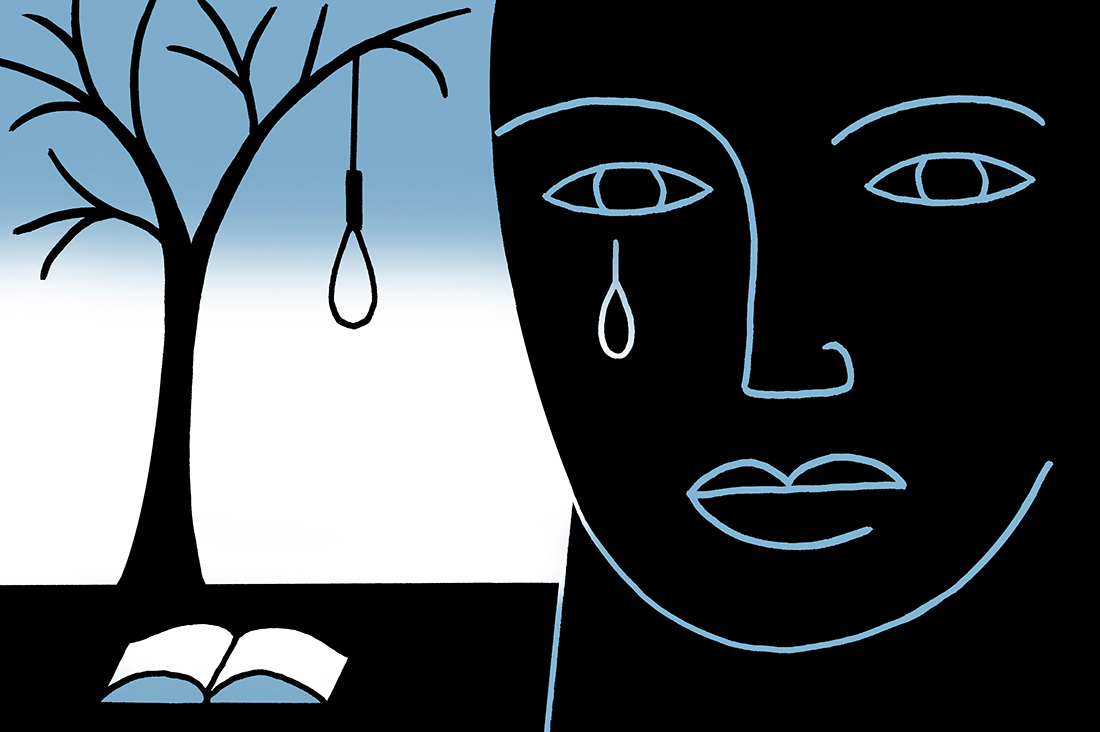
In her first book, My Soul Is a Witness: The Traumatic Afterlife of Lynching (Yale University Press), Mari N. Crabtree ’03 explores the various ways that Black Southerners coped with the horrors of lynching, whether through protests, “strategic silences,” tales of vengeance or narratives infused with the ironically hopeful spirit of the blues. Crabtree is an associate professor of African American studies at the College of Charleston.
Joan Flores-Villalobos ’10, an assistant professor of history at the University of Southern California, introduces us to The Silver Women: How Black Women’s Labor Made the Panama Canal (University of Pennsylvania Press). She argues that by feeding, housing and caring for the segregated Black workforce, West Indian women furthered the Caribbean diaspora and enabled the construction of the canal—but they also found ways to subvert U.S. imperial authorities.
Damani J. Partridge ’95, a professor of anthropology and Afroamerican and African studies at the University of Michigan, brings us Blackness as a Universal Claim: Holocaust Heritage, Noncitizen Futures, and Black Power in Berlin (University of California Press). The book examines how young people of African, Arab and Turkish descent embrace and use their Black identity in Germany, and what that nation demands of Black and immigrant youth in the post-Holocaust era.
The Healing Stage: Black Women, Incarceration, and the Art of Transformation (The Ohio State University Press) comes from Lisa Biggs ’93, the John Atwater and Diana Nelson Assistant Professor of the Arts and Africana Studies at Brown University. Biggs, who is also an actor and playwright, presents case studies from prison-based arts programs in the U.S. and South Africa to show how incarcerated Black women use theater as an opportunity for activism and healing.
Illustration by Anthony Russo